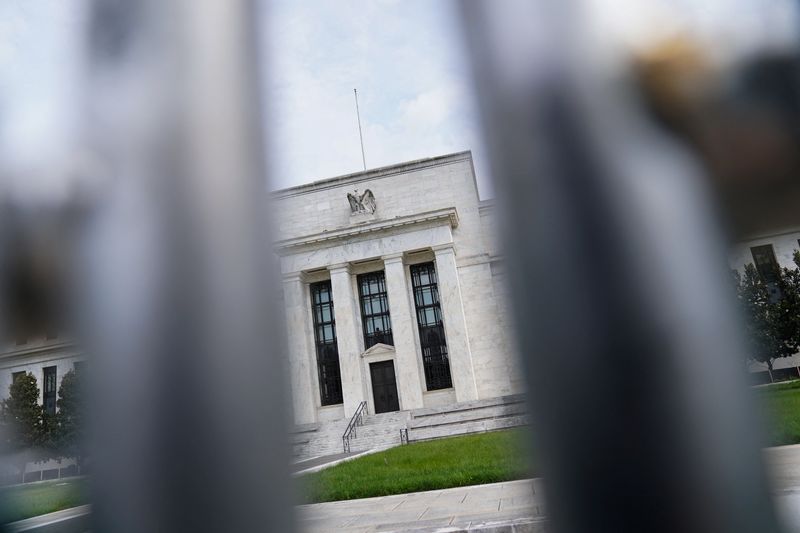Investing.com -- Central banks around the world have kicked off the rate-cutting cycle that will likely end with global rates much lower than expected, UBS says, as too much focused on recent noisy inflation data has overshadowed the global disinflation trend that is underway.
"The end point of the rate-cutting cycle may be deeper than expected," UBS said in a Wednesday note, noting that while the medium-term outlook points to rates staying positive through the cycle, over the longer-term rates are likely to be "much lower than they are today."
Central banks including the European Central Bank, Bank of Canada, Swiss National Bank, Czech National Bank, have already started the rate-cutting process, with the Fed expected to start cutting September, UBS estimates, as "incoming data on inflation, growth, and the labor market will justify a first cut in September."
In the U.S., markets are expecting that rate cuts will bottom around 4%, but UBS notes that this is well below the Fed's longer-run projection for its benchmark rate of 2.75%, leaving plenty of room for markets to course correct their bets on rate cuts.
"We think markets will start to price a lower level of long-term interest rates going forward," UBS added.
The path toward stable inflation, which some central banks including the Federal Reserve believe is around 2%, has closely monitored for clues on the rate-cut path ahead.
Recent inflation has proven sticker than expected, but UBS says that while noisy inflation data may be sufficient to keep central bank policymakers cautious, but the global disinflationary process is well established.
Markets may be placing "too much emphasis on the high-inflation, high-rate environment of the last two and a half years, and overlooking the ultimate destination of the rate-cutting cycle, it added"
Focus on inflation is set to intensify in the days ahead, with the PCE price index, the Federal Reserve’s preferred inflation gauge, due arrive on Friday.
